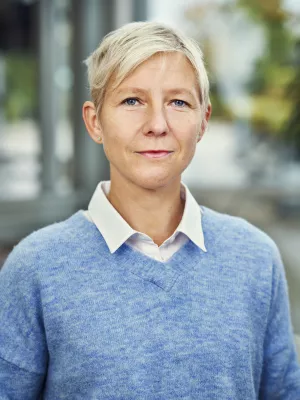
Malin Zillinger
Biträdande prefekt, universitetslektor, docent

There is no such thing as a free walk : Spatial implications of shared guiding developments
Författare
Summary, in Swedish
Experiences from the Copenhagen free walking tours and related services in Northern Europe bring forward a number of issues related to the impact of shared tourism services on the local environment:
• Spatial patterns of urban tourist mobility. Do alternative tourism innovations create alternative tourism landscapes?
• Diffusion of innovations. How do successful models of shared tourism services influence the development of similar services elsewhere?
• The importance of social media for marketing shared tourism experiences. Is visibility the new tourism currency? If yes, how does it affect the quality of experiences?
• Values of professional local knowledge. Is the craft of professional guiding being re-negotiated or even devalued as a result of shared guiding?
• Bubbles of cosmopolitan non-space. Is the creation of globalised elite networks in major cities a challenge to local and national integration? Could this be related to the current political situation in Europe?
The common denominator among these issues lie in the interplay between global forces and different aspects of localness. Global technological, economic, and cultural forces will inevitably influence the development of new tourism spaces, at the same time as local phenomena may be shared on a global scale creating new glocal experiences. The question is whether we are facing increased plurality or a higher degree of homegenisation. Is diversity increasing in global tourism, or does sharing economies in tourism represent ”the end of tourism as we know it” and the rise of global middleclassness?
Avdelning/ar
- Institutionen för tjänstevetenskap
Publiceringsår
2018-08-08
Språk
Engelska
Dokumenttyp
Konferensbidrag: abstract
Nyckelord
- Tourism
- Sharing economies
- guided tours
Conference name
IGU Regional Conference 2018, Quebec Canada
Conference date
2018-08-06 - 2018-08-10
Conference place
Quebec, Canada
Status
Published

